
Lahore: The Heart of Pakistan
Lahore, known as the cultural capital of Pakistan, is a city that resonates with history, art, and vibrant traditions. With its roots tracing back over a millennium, Lahore is a tapestry of ancient Mughal architecture, bustling bazaars, and lush gardens. The city is a living museum that offers a unique blend of historical landmarks and modern attractions. Walk through the majestic Lahore Fort and admire the grandeur of the Badshahi Mosque, two of the most iconic symbols of Mughal architecture. Explore the narrow alleys of the Walled City, where every corner tells a story of its rich past. The Shalimar Gardens, a UNESCO World Heritage Site, provide a peaceful escape with their stunning Mughal landscaping. Lahore is also famous for its culinary delights. The food street at Gawalmandi is a paradise for food lovers, offering a variety of traditional dishes like biryani, nihari, and kebabs. The city’s vibrant culture is celebrated through various festivals, including Basant, when the skies are filled with colorful kites. Whether you are a history buff, a foodie, or an art enthusiast, Lahore promises a unique and unforgettable experience. The warmth and hospitality of its people will make you feel at home, and the city's charm will leave you longing to return.
Local tips in Lahore
- Visit Lahore Fort and Badshahi Mosque early in the morning to avoid crowds and enjoy the serene atmosphere.
- Try local delicacies at the famous food street in Gawalmandi for an authentic taste of Lahori cuisine.
- Wear comfortable shoes as you will be doing a lot of walking, especially in the Walled City and around historical sites.
- Respect local customs and dress modestly, especially when visiting religious sites.
- Use a local guide to get the most out of your visit to historical landmarks and understand their significance.
- Keep cash handy, as not all places accept credit cards, especially in local markets.
Neighbourhoods in Lahore
Lahore: The Heart of Pakistan
Lahore, known as the cultural capital of Pakistan, is a city that resonates with history, art, and vibrant traditions. With its roots tracing back over a millennium, Lahore is a tapestry of ancient Mughal architecture, bustling bazaars, and lush gardens. The city is a living museum that offers a unique blend of historical landmarks and modern attractions. Walk through the majestic Lahore Fort and admire the grandeur of the Badshahi Mosque, two of the most iconic symbols of Mughal architecture. Explore the narrow alleys of the Walled City, where every corner tells a story of its rich past. The Shalimar Gardens, a UNESCO World Heritage Site, provide a peaceful escape with their stunning Mughal landscaping. Lahore is also famous for its culinary delights. The food street at Gawalmandi is a paradise for food lovers, offering a variety of traditional dishes like biryani, nihari, and kebabs. The city’s vibrant culture is celebrated through various festivals, including Basant, when the skies are filled with colorful kites. Whether you are a history buff, a foodie, or an art enthusiast, Lahore promises a unique and unforgettable experience. The warmth and hospitality of its people will make you feel at home, and the city's charm will leave you longing to return.
When is the best time to go to Lahore?
Iconic landmarks you can’t miss
Fortress Stadium Market
Explore Fortress Stadium Market in Lahore for an unforgettable shopping and dining experience amidst vibrant culture and entertainment.
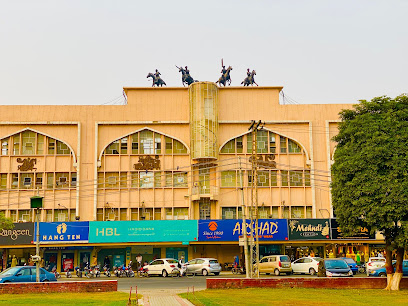
Badshahi Mosque
Discover the breathtaking Badshahi Mosque, a masterpiece of Mughal architecture and a must-visit landmark in Lahore, Pakistan.
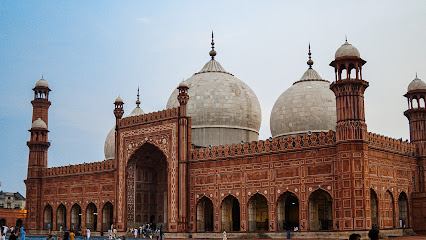
Lahore Fort
Experience the grandeur of Lahore Fort, a historic treasure showcasing Mughal architecture and rich cultural heritage in the heart of Lahore.
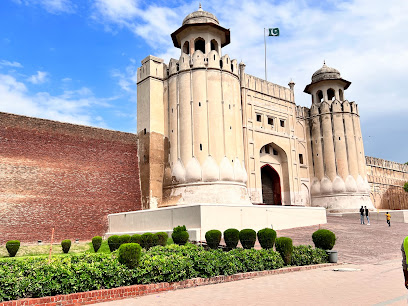
Gulshan-e-Iqbal Park
Explore the lush landscapes of Gulshan-e-Iqbal Park, a serene haven in Lahore perfect for relaxation, recreation, and cultural experiences.
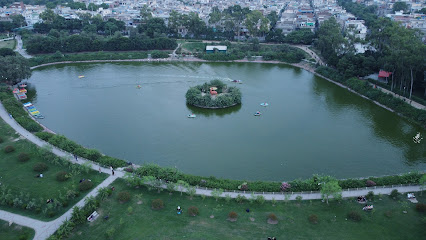
Dehli Gate
Discover the historical essence of Lahore at Delhi Gate, where the past meets the present in a vibrant cultural experience.
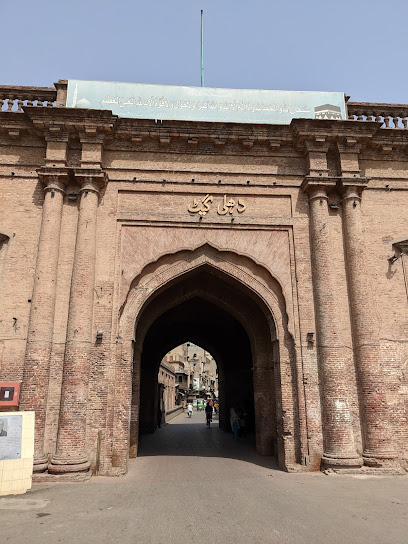
Minar-e-Pakistan
Discover the majestic Minar-e-Pakistan, a historical landmark that stands as a symbol of Pakistan's independence and cultural heritage.
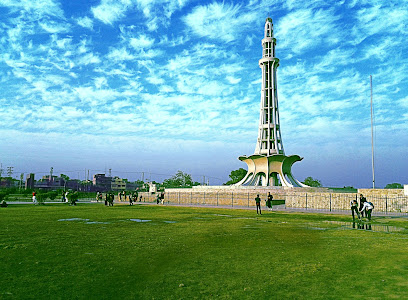
Eiffel Tower Bahria Town Lahore
Experience the allure of Lahore at the Eiffel Tower Bahria Town, a stunning architectural marvel offering breathtaking views and vibrant surroundings.
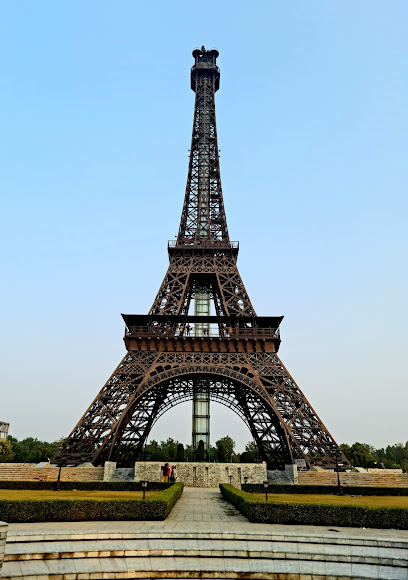
Masjid Wazeer Khan
Explore the architectural beauty and historical significance of Masjid Wazeer Khan, a must-visit mosque in Lahore's vibrant Walled City.
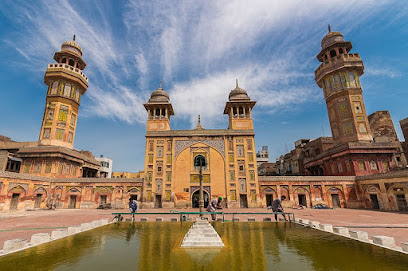
Lahore Museum
Explore the Lahore Museum, a captivating archaeological museum showcasing Pakistan’s rich heritage through thousands of unique artifacts and art pieces.
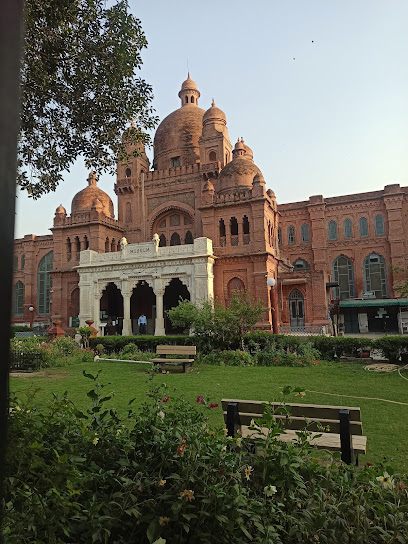
Greater Iqbal Park
Explore Greater Iqbal Park, a serene blend of history and nature in Lahore, perfect for relaxation and cultural experiences.
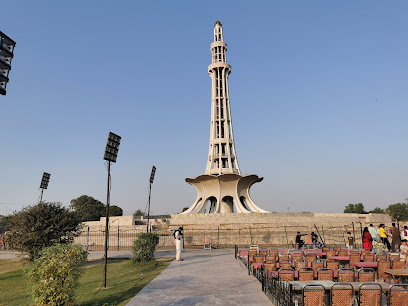
Qutb-ud-Din Aibak's Tomb
Explore the historical elegance of Qutb-ud-Din Aibak's Tomb, a remarkable landmark in Lahore reflecting the rich cultural heritage of Pakistan.
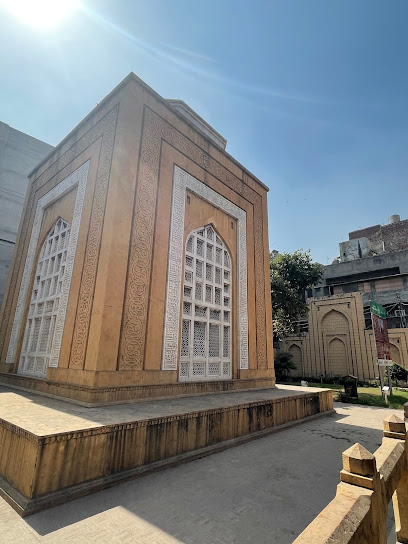
Shalamar Garden
Discover the stunning Mughal architecture and tranquil beauty of Shalamar Garden, a UNESCO World Heritage site in Lahore, Pakistan.
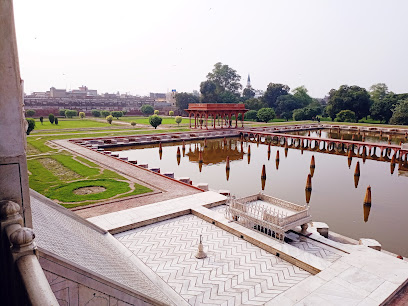
Tomb of Emperor Jahangir
Explore the stunning Tomb of Emperor Jahangir in Lahore, a historical landmark showcasing exquisite Mughal architecture and serene gardens.
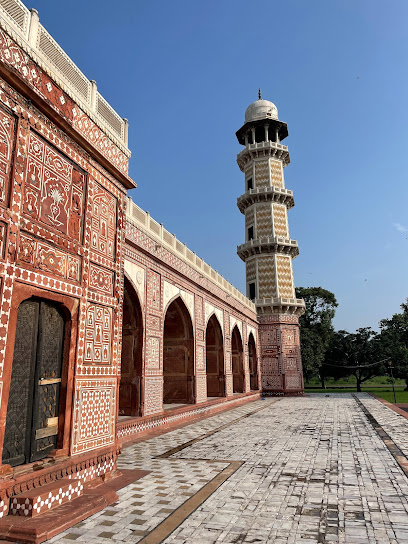
AJMAIR CHAPPAL STORE
Discover the artistry of traditional Pakistani footwear at AJMAIR CHAPPAL STORE in Lahore's historic Shahi Mohallah.

Tomb of Noor Jahan
Explore the majestic Tomb of Noor Jahan, a stunning example of Mughal architecture nestled in the serene gardens of Shahdara Town, Lahore.
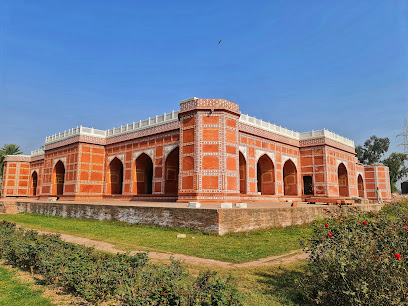
Unmissable attractions to see
Lahore Zoo
Explore Lahore Zoo, a historic wildlife sanctuary featuring diverse species and lush landscapes, perfect for family outings and animal lovers.
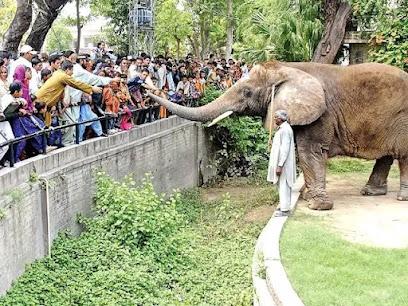
Lahore Fort
Explore the grandeur of Lahore Fort, a UNESCO World Heritage site that showcases the architectural brilliance of the Mughal era in the heart of Pakistan.
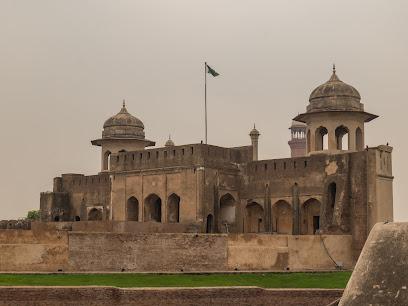
Attari - Wagah Border
Witness the iconic Beating Retreat ceremony at the Attari-Wagah Border, a vibrant symbol of India-Pakistan unity and cultural pride.
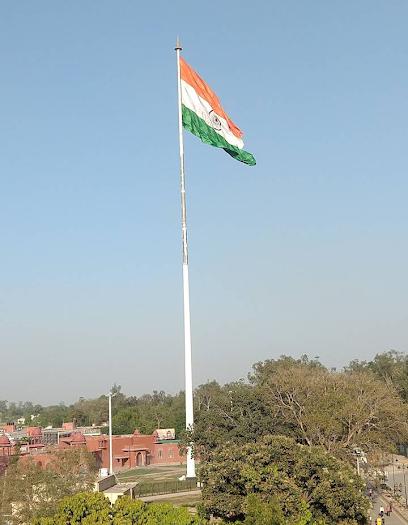
Gulshan-e-Iqbal Park
Explore the lush landscapes and vibrant atmosphere of Gulshan-e-Iqbal Park, an urban oasis in the heart of Lahore, perfect for relaxation and recreation.
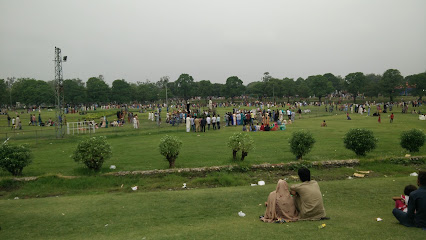
Joyland
Explore Joyland, Lahore's ultimate amusement park, featuring thrilling rides, games, and entertainment for a fun-filled day with family and friends.
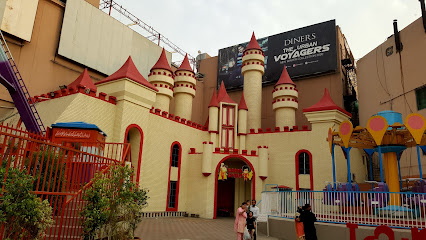
Minar-e-Pakistan
Discover the grandeur of Minar-e-Pakistan, a historical landmark representing Pakistan's independence and a stunning architectural marvel in Lahore.
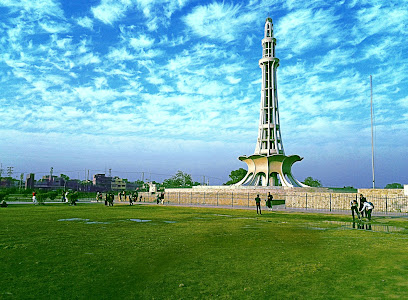
Sadda Pind Amritsar
Experience the rich heritage and vibrant culture of Punjab at Sadda Pind Amritsar, where tradition comes alive in a picturesque setting.

Gobindgarh Fort
Discover the iconic Gobindgarh Fort in Amritsar, a historical landmark rich with culture, stunning architecture, and vibrant performances.
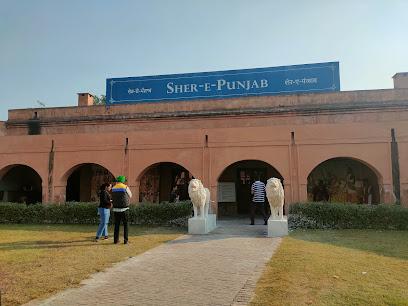
Army Museum Lahore
Discover the profound military history of Pakistan at Army Museum Lahore, a captivating tourist attraction with rich exhibits and interactive displays.
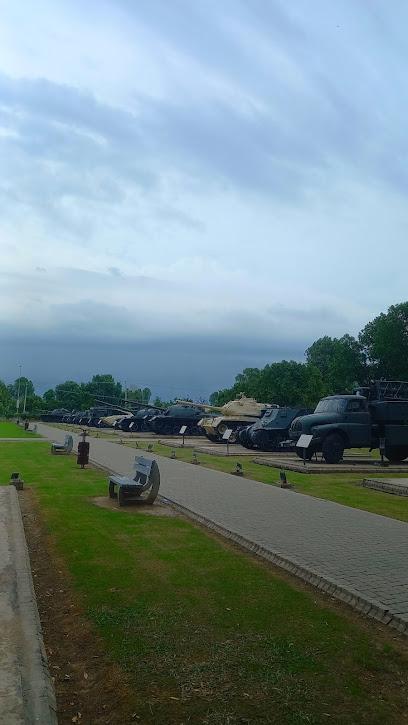
Jallo Forest and Wildlife Park
Explore the serene beauty and diverse wildlife of Jallo Forest and Wildlife Park, a perfect family-friendly escape in Lahore's vibrant landscape.
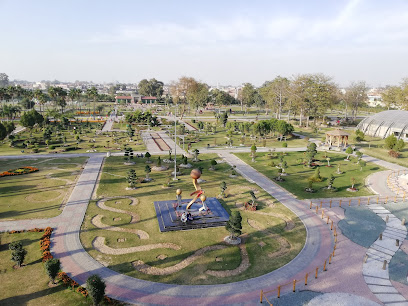
Lahore Museum
Explore the Lahore Museum, Pakistan's cultural gem, showcasing a vast collection of historical artifacts and art, a must-see for every traveler.
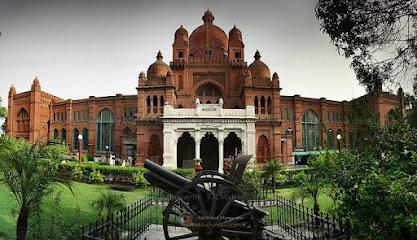
Shri Durgiana Temple, Amritsar
Experience the spiritual essence and architectural beauty of Shri Durgiana Temple in Amritsar, a must-visit for every traveler seeking divine tranquility.

Greater Iqbal Park
Explore Greater Iqbal Park in Lahore, a historical park blending natural beauty with cultural heritage, perfect for relaxation and recreation.

Lahore Wildlife Park
Discover the beauty of wildlife at Lahore Wildlife Park, a family-friendly attraction showcasing diverse species and lush landscapes in the heart of Lahore.
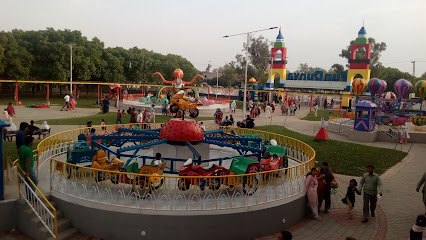
Greater Iqbal Park
Explore the lush landscapes and rich history of Greater Iqbal Park, a serene urban oasis in Lahore, perfect for relaxation and cultural appreciation.
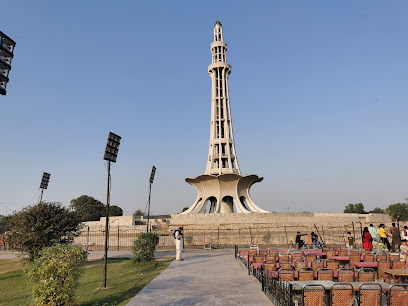
Essential places to dine
Monal Lahore
Experience exquisite dining at Monal Lahore with breathtaking views and a diverse menu featuring Pakistani, Chinese, Thai & Continental cuisine.
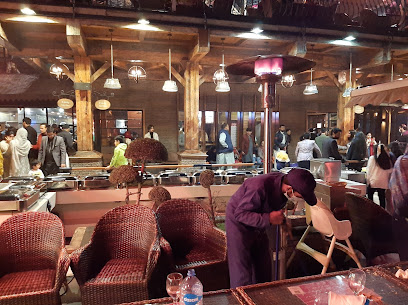
Haveli Restaurant
Experience the essence of Pakistani cuisine at Haveli Restaurant in Lahore - where tradition meets flavor.
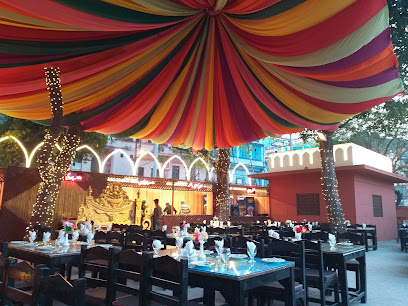
Salt'n Pepper Village Lahore
Experience the vibrant flavors of Pakistan at Salt'n Pepper Village Lahore - where family-friendly dining meets culinary excellence.
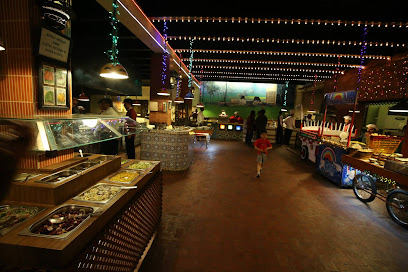
Dera Restaurant
Discover authentic Pakistani flavors at Dera Restaurant in Lahore, where every dish tells a story of tradition and taste.
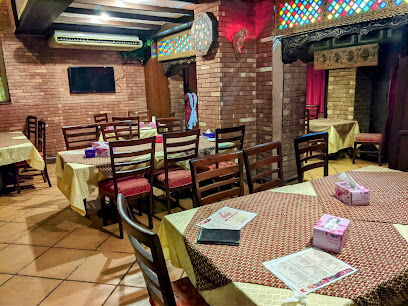
LalQila Restaurant Lahore
Discover the vibrant flavors and rich heritage at LalQila Restaurant in Lahore - an unforgettable buffet experience awaits.
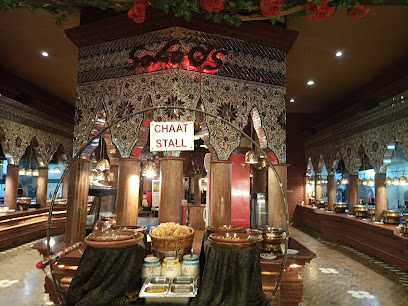
Khan Baba Restaurant
Discover authentic Pakistani cuisine at Khan Baba Restaurant in Lahore - a culinary journey filled with flavor and tradition.
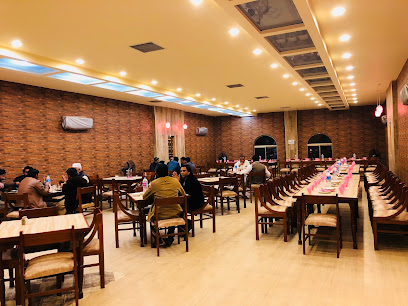
Options - An Exotic Restaurant & Cafe
Experience the vibrant culinary scene at Options - An Exotic Restaurant & Cafe in Lahore with diverse flavors and exceptional service.
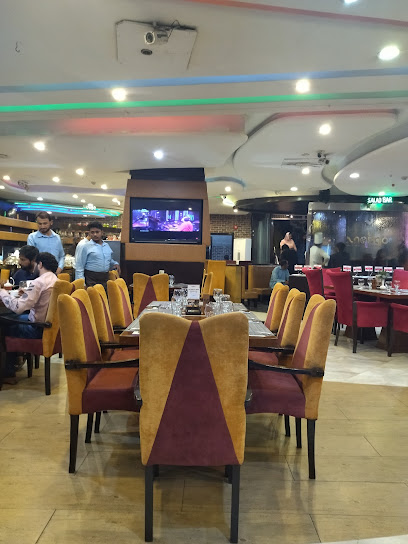
Tuscany Courtyard Lahore
Experience authentic Italian and Mediterranean cuisine at Tuscany Courtyard Lahore - where every meal is a celebration of flavor.
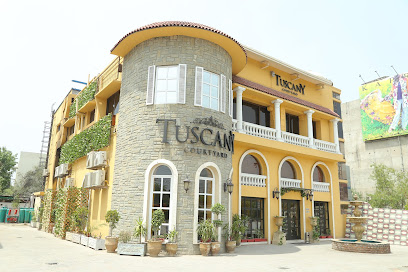
Café Aylanto
Discover the exquisite flavors of Café Aylanto in Lahore - where culinary artistry meets sophisticated dining.
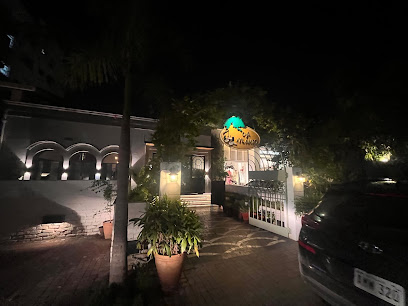
Coco Cubano Gulberg
Savor authentic Cuban cuisine and vibrant cocktails at Coco Cubano Gulberg, where every meal feels like a tropical getaway.
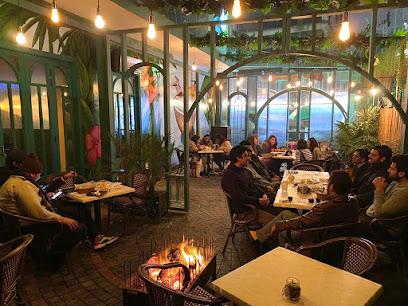
Café Zouk
Experience exquisite continental cuisine at Café Zouk in Lahore - where elegance meets flavor for an unforgettable dining experience.
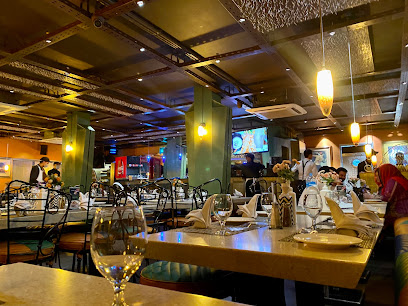
Bon Vivant Palais
Experience unparalleled luxury dining at Bon Vivant Palais in Lahore—where exquisite flavors meet elegant ambiance.
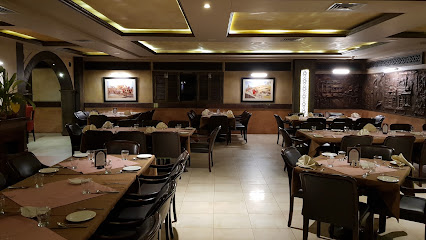
Banera Rooftop Restaurant
Discover a family-friendly dining experience with stunning views at Banera Rooftop Restaurant in Lahore - perfect for every palate!
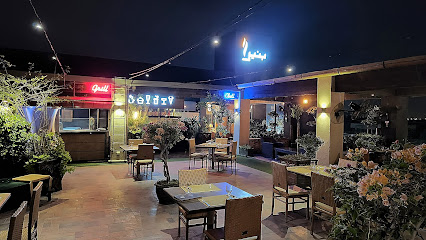
Paola's Cosa Nostra
Experience authentic Italian cuisine at Paola's Cosa Nostra in Lahore - where every dish tells a story.
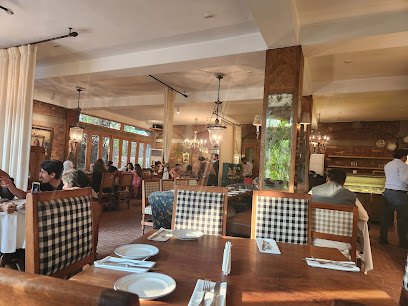
Spice Bazaar
Savor authentic Pakistani cuisine in Lahore's Spice Bazaar - where tradition meets flavor in every dish.
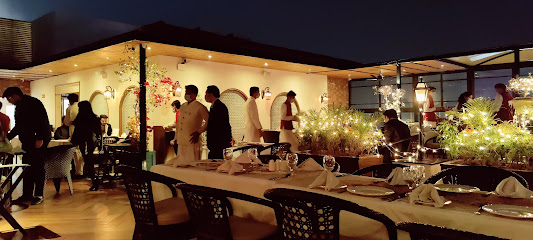
Markets, malls and hidden boutiques
Emporium Mall
Discover a world of shopping, dining, and entertainment at Emporium Mall in Lahore, a vibrant hub for tourists and locals alike.
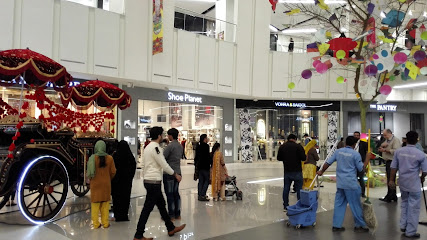
Ethnc
Discover Ethnc in Lahore: Where Traditional Craftsmanship Meets Contemporary Fashion in a Unique Shopping Experience.
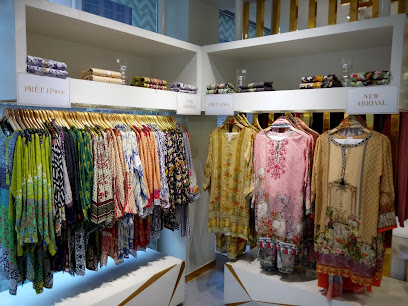
Haroon's
Discover unique gifts and local treasures at Haroon's, the premier gift shop in Lahore's vibrant Gulberg III.
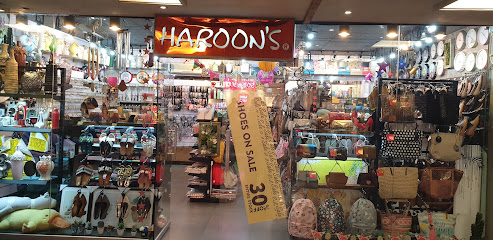
Versatile The Gift Spot
Explore Versatile The Gift Spot in Lahore for unique gifts, antiques, toys, and more to create lasting memories of your visit.
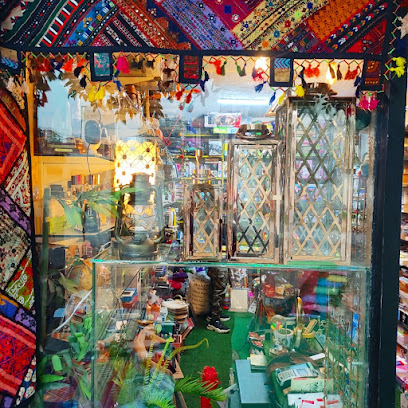
Polly And Other Stories
Explore Lahore's creative spirit at Polly And Other Stories, where every gift tells a story and showcases local craftsmanship.
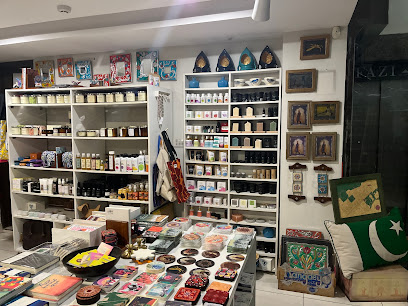
Shoppe Gift Shop
Discover a unique blend of traditional handicrafts and modern accessories at Shoppe Gift Shop in Lahore's vibrant Gulberg III neighborhood.
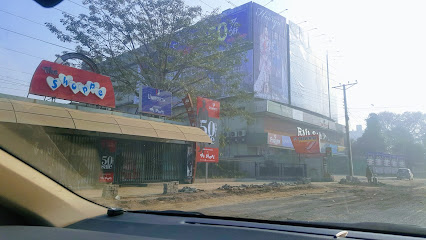
Taana Baana Mini Market lhr
Discover a unique blend of traditional and modern women's fashion at Taana Baana Mini Market, Lahore's hidden gem for trendy apparel.
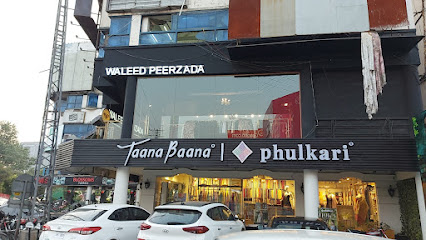
Unique Store
Explore the vibrant flavors of Lahore at Unique Store, your go-to grocery destination for authentic local ingredients and snacks.
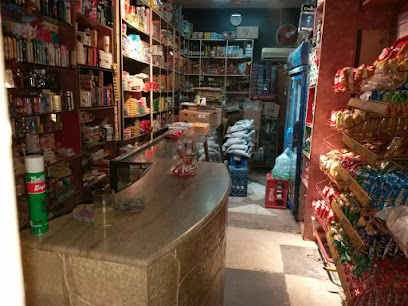
Piyara Gift (Handmade Home Decor & Gift Items)
Discover exquisite handmade home decor and unique gift items at Piyara Gift, a charming shop in Lahore celebrating local craftsmanship.

The Stuff Garment Shop
Explore contemporary fashion at The Stuff Garment Shop, a stylish clothing store in Lahore offering a diverse range of trendy apparel.
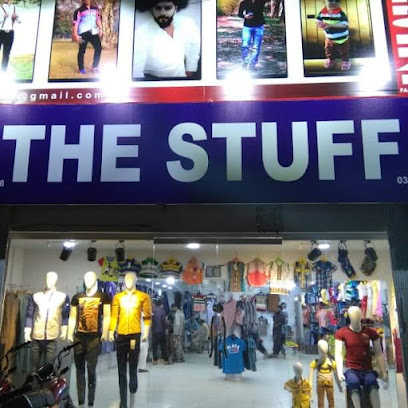
Express Oye
Explore Express Oye in Lahore, a treasure trove of unique gifts and souvenirs that reflect the rich culture and heritage of Pakistan.
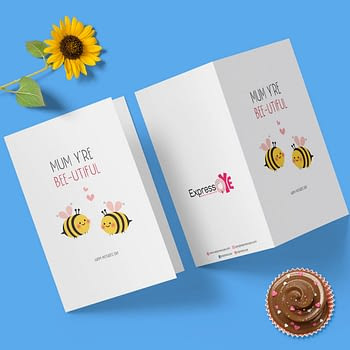
Lahore Online Shopping Store
Experience the vibrant retail landscape of Lahore at the Online Shopping Store, a treasure trove of traditional and modern goods.
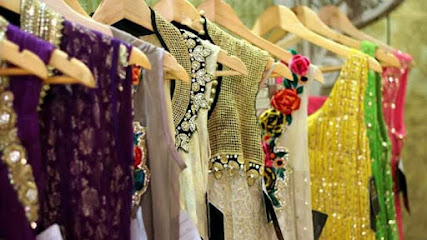
Corporate Souvenirs
Explore the essence of Lahore with unique handcrafted souvenirs and gifts at Corporate Souvenirs, a local treasure in Saddar Town.
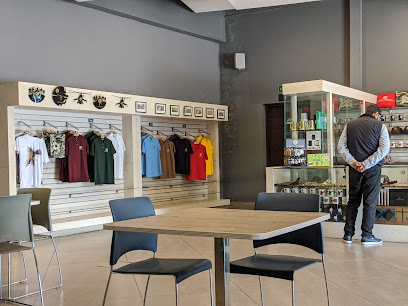
Ali Gift Shop
Explore Ali Gift Shop in Lahore for unique gifts and local treasures that reflect the vibrant culture of Pakistan.
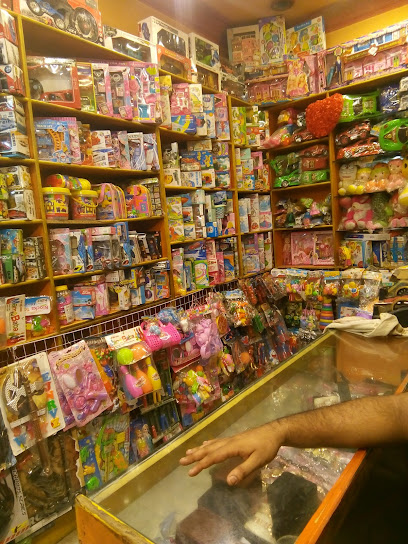
MashaAllah Gift Centre
Discover unique handicrafts and authentic gifts at MashaAllah Gift Centre in Lahore, a cultural gem in Nishter Colony.
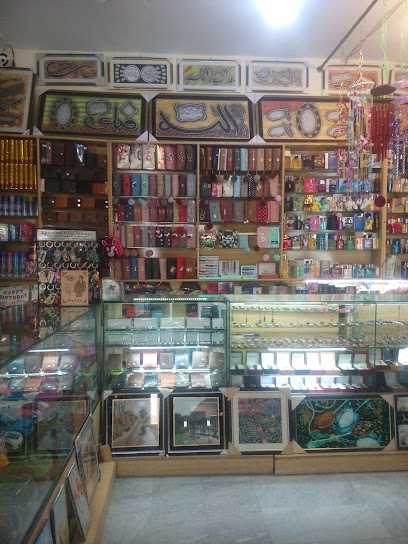
Essential bars & hidden hideouts
Mocktail Bar
Discover the vibrant Mocktail Bar in Lahore, where refreshing non-alcoholic beverages meet an inviting atmosphere for a unique night out.
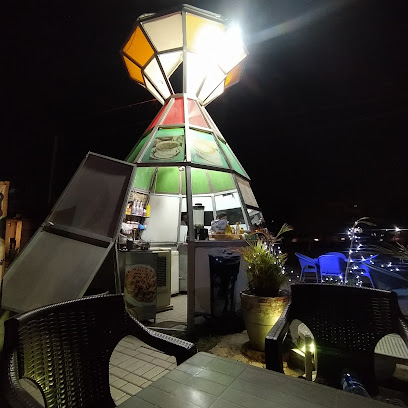
Gora Slush Point
Experience Lahore's vibrant nightlife at Gora Slush Point, where refreshing drinks and a lively atmosphere await.
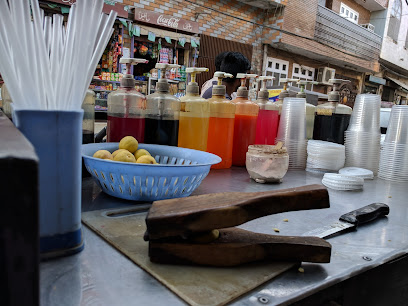
Shahbaz billa pan Shop
Discover the rich flavors of Lahore at Shahbaz Billa Pan Shop, a local favorite for authentic snacks and a vibrant atmosphere.
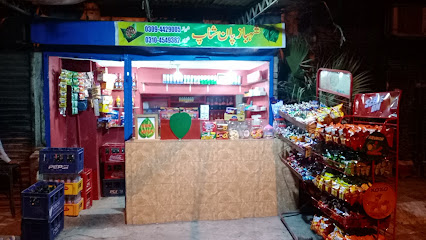
Pakistan Cigar Club (PCC)
Experience luxury and relaxation at Pakistan Cigar Club, Lahore's premier lounge for cigar enthusiasts and casual visitors alike.
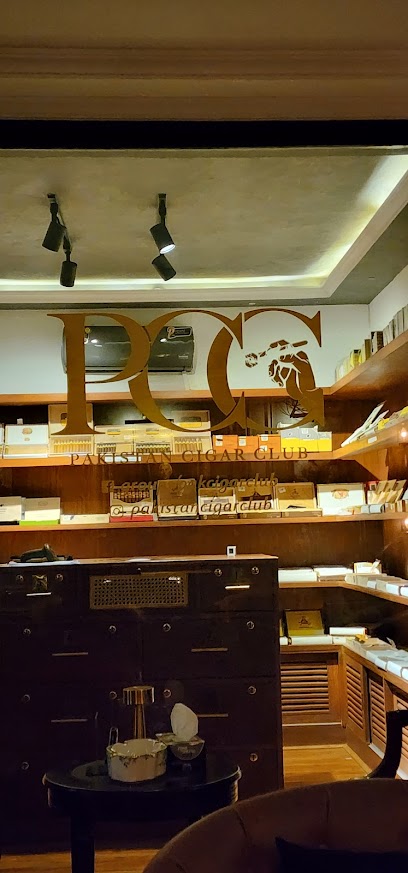
Executive Lounge P C Hotel Lahore
Experience the elegance and tranquility of the Executive Lounge at Pearl Continental Hotel Lahore, where luxury meets relaxation.
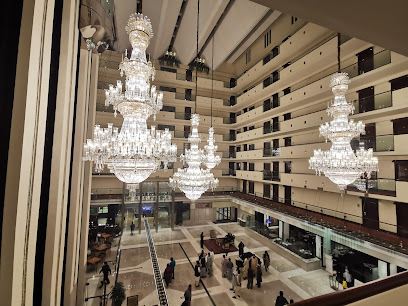
Inner Waiting Lounge
Discover comfort and tranquility at the Inner Waiting Lounge in Lahore, the perfect retreat for travelers seeking a relaxing break.
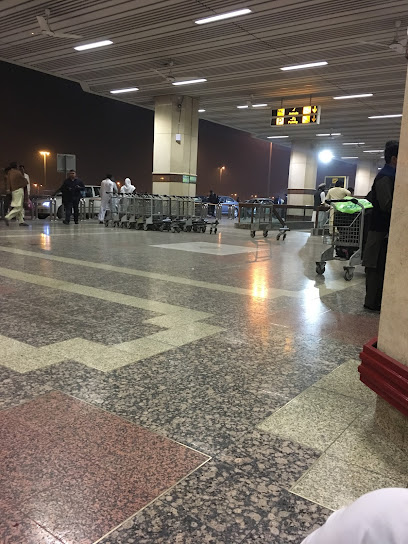
Drink Pray Love
Discover the vibrant nightlife of Lahore at Drink Pray Love, where expertly crafted cocktails meet warm ambiance in Barkat Market.
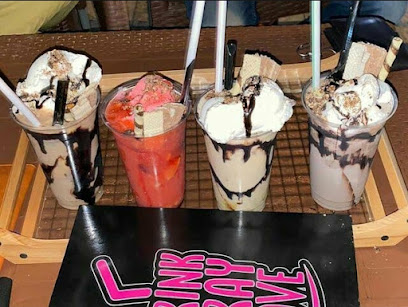
AabYaar
Discover AabYaar, Lahore's premier bar offering exquisite drinks and an electric atmosphere, perfect for enjoying the city's vibrant nightlife.
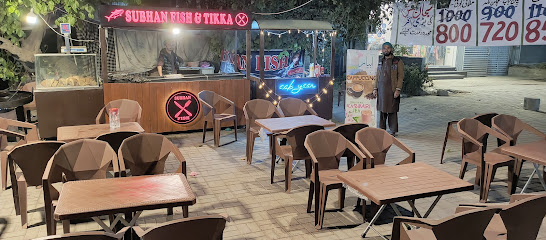
Lion Soda Bar
Discover the vibrant charm of Lion Soda Bar in Lahore, where refreshing beverages and lively ambiance create unforgettable memories.
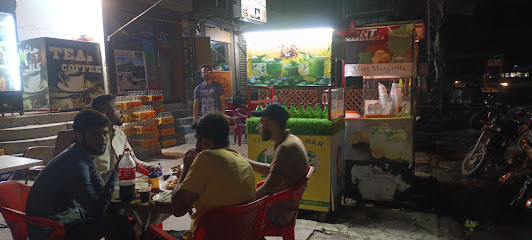
Royal sports
Experience the thrill of sports at Royal Sports in Lahore, where great food, drinks, and live games come together for an unforgettable outing.
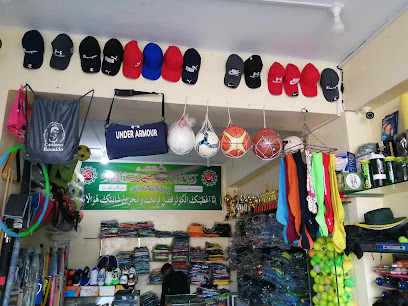
vintage bar & cafe
Experience the perfect blend of a lively bar and cozy cafe at Vintage Bar & Cafe in Lahore, a must-visit destination for relaxation and good company.
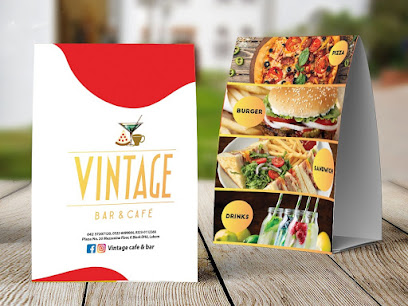
Raider Soda
Explore Lahore's nightlife at Raider Soda, where vibrant energy and refreshing drinks await every tourist eager for a unique bar experience.
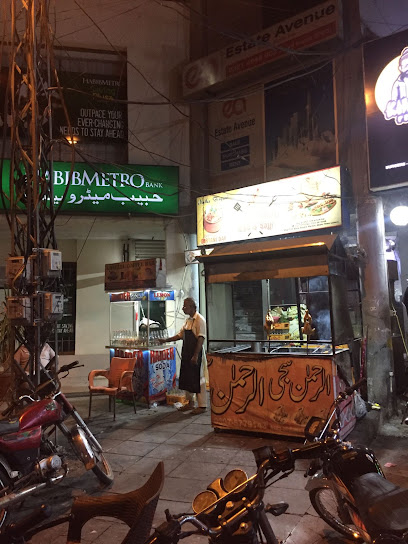
Maddy Flats
Experience the heart of Lahore's nightlife at Maddy Flats, a lively bar in Muslim Town offering refreshing drinks and local culture.

Penta Collections
Experience the thrill of live sports and a lively atmosphere at Penta Collections, Lahore's premier sports bar with delicious food and drinks.

GreenBae
Discover the vibrant nightlife of Lahore at GreenBae, a trendy bar offering unique drinks and a lively atmosphere for an unforgettable evening.
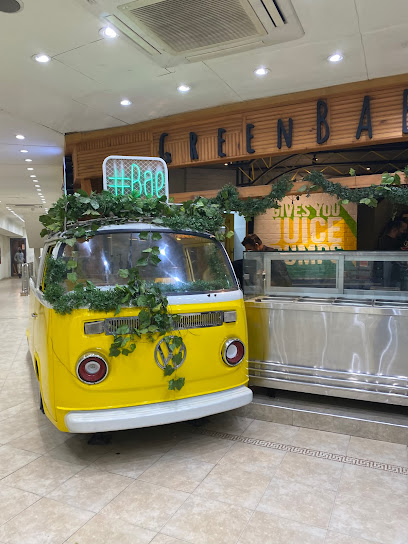
Local Phrases
-
- Helloالسلام علیکم
[Assalamu Alaikum] - Goodbyeخدا حافظ
[Khuda Hafiz] - Yesہاں
[Haan] - Noنہیں
[Nahi] - Please/You're welcomeبراہ کرم
[Barah-e-karam] - Thank youشکریہ
[Shukriya] - Excuse me/Sorryمعاف کریں
[Maaf karein] - How are you?آپ کیسے ہیں؟
[Aap kaise hain?] - Fine. And you?ٹھیک ہوں۔ آپ؟
[Theek hoon. Aap?] - Do you speak English?کیا آپ انگلش بولتے ہیں؟
[Kya aap English bolte hain?] - I don't understandمجھے سمجھ نہیں آیا
[Mujhe samajh nahi aaya]
- Helloالسلام علیکم
-
- I'd like to see the menu, pleaseبراہ کرم مینیو دیکھنا چاہتا ہوں
[Barah-e-karam menu dekhna chahta hoon] - I don't eat meatمیں گوشت نہیں کھاتا
[Main gosht nahi khaata] - Cheers!صحت
[Sehat] - I would like to pay, pleaseبراہ کرم ادا کرنا چاہتا ہوں
[Barah-e-karam ada karna chahta hoon]
- I'd like to see the menu, pleaseبراہ کرم مینیو دیکھنا چاہتا ہوں
-
- Help!مدد!
[Madad!] - Go away!چلے جاؤ!
[Chale jao!] - Call the Police!پولیس کو بلاؤ!
[Police ko bulao!] - Call a doctor!ڈاکٹر کو بلاؤ!
[Doctor ko bulao!] - I'm lostمیں گم ہوگیا ہوں
[Main gum hogaya hoon] - I'm illمیں بیمار ہوں
[Main beemar hoon]
- Help!مدد!
-
- I'd like to buy...میں خریدنا چاہتا ہوں...
[Main khareedna chahta hoon...] - I'm just lookingمیں صرف دیکھ رہا ہوں
[Main sirf dekh raha hoon] - How much is it?یہ کتنا ہے؟
[Yeh kitna hai?] - That's too expensiveیہ بہت مہنگا ہے
[Yeh bohat mehnga hai] - Can you lower the price?کیا آپ قیمت کم کر سکتے ہیں؟
[Kya aap qeemat kam kar sakte hain?]
- I'd like to buy...میں خریدنا چاہتا ہوں...
-
- What time is it?وقت کیا ہوا ہے؟
[Waqt kya hua hai?] - It's one o'clockایک بجے ہیں
[Ek bajay hain] - Half past (10)(۱۰) کے بعد نصف
[(10) ke baad nisf] - Morningصبح
[Subah] - Afternoonدوپہر
[Dopahar] - Eveningشام
[Shaam] - Yesterdayگزشتہ دن
[Guzishta din] - Todayآج
[Aaj] - Tomorrowکل
[Kal] - 1ایک
[Ek] - 2دو
[Do] - 3تین
[Teen] - 4چار
[Char] - 5پانچ
[Paanch] - 6چھے
[Chhe] - 7سات
[Saat] - 8آٹھ
[Aath] - 9نو
[Nau] - 10دس
[Das]
- What time is it?وقت کیا ہوا ہے؟
-
- Where's a/the...?کہاں ہے...
[Kahan hai...] - What's the address?پتہ کیا ہے؟
[Pata kya hai?] - Can you show me (on the map)?کیا آپ مجھے دکھا سکتے ہیں (نقشے پر)؟
[Kya aap mujhe dikha sakte hain (naqshay par)?] - When's the next (bus)?اگلی (بس) کب ہے؟
[Agli (bus) kab hai?] - A ticket (to ....)ایک ٹکٹ (سے .... تک)
[Ek ticket (se .... tak)]
- Where's a/the...?کہاں ہے...
History of Lahore
-
Lahore's origins trace back over a millennium, with its earliest mentions found in the ancient Hindu text, the 'Rāmāyaṇa.' The city is believed to have been founded by Loh, the son of the Hindu deity Rama. Archaeological evidence suggests that Lahore was a significant settlement during the ancient and medieval periods, with its strategic location along trade routes facilitating its growth.
-
In the late 10th century, Lahore came under the rule of the Ghaznavid Empire, led by Sultan Mahmud of Ghazni. The city became a major center of Islamic culture and learning. The Ghaznavids established Lahore as a vital administrative and cultural hub, laying the groundwork for its future prominence.
-
Lahore's significance grew during the Delhi Sultanate era, starting in the 13th century. However, it was under the Mughal Empire that Lahore truly flourished. Emperor Akbar made Lahore his capital in the late 16th century, leading to the construction of iconic structures such as the Lahore Fort and the Shalimar Gardens. The city became a melting pot of Persian, Indian, and Central Asian cultures, fostering an era of architectural and cultural renaissance.
-
In the early 19th century, Lahore was captured by the Sikh ruler Maharaja Ranjit Singh, who made it the capital of the Sikh Empire. Under his reign, Lahore witnessed a period of relative stability and prosperity. The city's architecture saw a blend of Mughal and Sikh styles, with landmarks like the Samadhi of Ranjit Singh reflecting this unique fusion.
-
The British East India Company took control of Lahore in 1849, following the Second Anglo-Sikh War. The British colonial period brought significant changes to the city's infrastructure and urban planning. Lahore became a crucial administrative center, with the establishment of institutions such as Government College University and the Lahore High Court. The city also saw the construction of colonial-era buildings like the Lahore Museum and the General Post Office.
-
Lahore played a pivotal role in the Indian independence movement. The All India Muslim League held its annual session in Lahore in 1940, where the historic Lahore Resolution was passed, demanding the creation of an independent Muslim state. This event marked a significant turning point in the struggle for Pakistan's independence.
-
Following the partition of British India in 1947, Lahore became part of the newly formed nation of Pakistan. The city faced immense challenges during the partition, with large-scale migration and communal violence. Despite these hardships, Lahore emerged as a cultural and economic powerhouse in Pakistan. The city continues to be a vibrant center of arts, education, and commerce, reflecting its rich and diverse historical legacy.
Lahore Essentials
-
Lahore is well-connected by air, rail, and road. Allama Iqbal International Airport (LHE) serves as the primary airport for the city and offers both domestic and international flights. Major airlines such as Pakistan International Airlines (PIA), Emirates, Qatar Airways, and Turkish Airlines operate flights to and from Lahore. The city is also accessible by train from other major cities in Pakistan, with services provided by Pakistan Railways. Buses and private cars are other viable options, with a network of highways connecting Lahore to other parts of the country.
-
Lahore offers a variety of transportation options. Rickshaws and taxis are readily available and are a convenient way to travel short distances. Ride-hailing services like Uber and Careem are also popular and reliable. For public transportation, the Metrobus system provides a fast and economical way to travel along its dedicated routes. Additionally, the Orange Line Metro Train is another efficient option for getting around the city. Renting a car is another possibility, but driving can be challenging due to heavy traffic.
-
The official currency of Pakistan is the Pakistani Rupee (PKR). Credit and debit cards are widely accepted in major hotels, restaurants, and shopping centers. However, it is advisable to carry some cash for smaller establishments, street vendors, and markets. ATMs are plentiful, and most accept international cards, but be sure to inform your bank about your travel plans to avoid any issues.
-
Lahore is generally safe for tourists, but it is wise to exercise standard precautions. Avoid visiting isolated areas after dark and keep an eye on your belongings in crowded places. Areas like Sabzazar, Sanda, and some parts of Ravi Town have been known for higher crime rates targeting tourists. Always use reputable transportation services and avoid displaying expensive items openly.
-
In case of emergencies, dial 15 for police assistance, 1122 for medical emergencies, and 16 for fire services. Lahore has several well-equipped hospitals, including Shaukat Khanum Memorial Cancer Hospital & Research Centre and Mayo Hospital. Pharmacies are widely available for minor health concerns. It is also recommended to have travel insurance that covers medical emergencies.
-
Fashion: Do dress modestly, especially when visiting religious sites. Avoid wearing revealing clothing. Religion: Do show respect for local customs and traditions. Remove your shoes and cover your head when entering mosques. Public Transport: Do be respectful and give up your seat to elderly passengers. Don’t eat or drink on public transport. Greetings: Do greet people with a 'Salam' or 'Assalamu Alaikum'. A handshake is also common among men. Eating & Drinking: Do try local foods and accept food offerings graciously. Don’t refuse hospitality, as it is considered impolite.
-
To experience Lahore like a local, visit the bustling Anarkali Bazaar and Liberty Market for shopping. Enjoy a meal at a traditional 'dhabba' (roadside eatery) and try popular foods like 'nihari', 'payas', and 'halwa puri'. Spend an evening at the Lahore Fort and Badshahi Mosque to appreciate Mughal architecture. Don’t miss the Wagah Border ceremony, a daily military practice that is a spectacle of patriotic fervor. Engage with locals, who are often friendly and willing to share stories about the city's rich history and culture.
Trending Landmark in Lahore
Nearby Cities to Lahore
-
Things To Do in Amritsar
-
Things To Do in Gujranwala
-
Things To Do in Sialkot
-
Things To Do in Faisalabad
-
Things To Do in Jammu
-
Things To Do in Rawalpindi
-
Things To Do in Islamabad
-
Things To Do in Shimla
-
Things To Do in Manali
-
Things To Do in Murree
-
Things To Do in Multan
-
Things To Do in Abbottabad
-
Things To Do in Kaghan
-
Things To Do in Naran
-
Things To Do in Peshawar


















